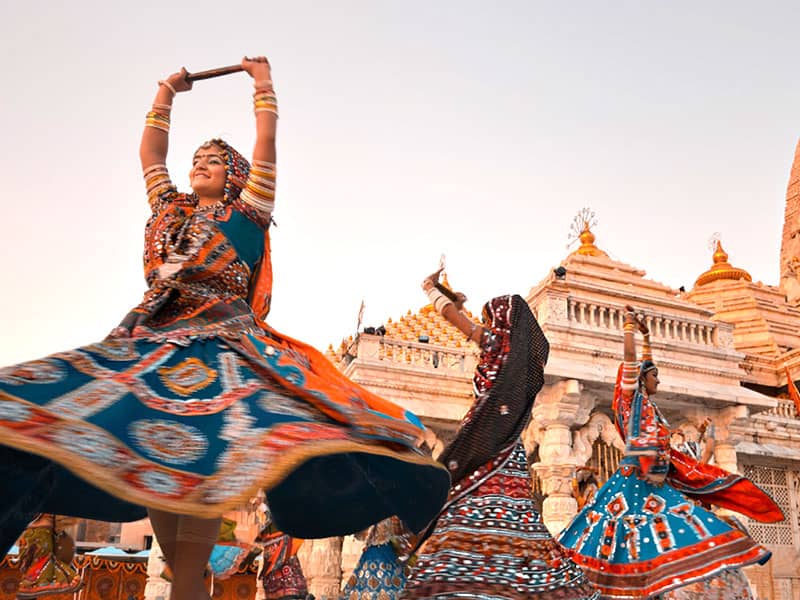Where is this abuse happening, and what family issues are involved?
Many couples we see here at Daya [in Houston] are couples through the arranged marriage system. They know what they're doing-these are not young teenage girls or boys. In many cases, the boys are already here for education or employment. They go home [to South Asia] and get married and bring their wives back to the U.S.
A lot of these women face isolation. When you come here married to a person you don't know very well, and are a new immigrant, you're already lonely. The only person you know is this man. There's this total dependency-economic, spiritual, emotional, physical.
What happens in some cases is that men abuse. These men are often extremely traditional, with a belief in and expectations about traditional gender roles. When a woman is physically, emotionally, economically, or sexually abused by the one she's supposed to rely on, it's the ultimate betrayal.
What do the women do?
It's more than her being hit or abused or controlled, and her losing her sense of self. She's also worried about how this will affect her family. South Asian women think about the family reputation back home--what will happen to her sisters, to her brothers, how it will affect their futures if they want to come to this country or they want to marry someone. The fact that the older sister is someone who walked out on her marriage will affect the family.
When he's abusing her and she feels like the right thing to do is call the police or see a lawyer, what may also be holding her back is that she's thinking about her children. So [she wants to know] is there a way to take care of this without calling the police or him going to jail or through the court system.
At this time of crisis, if the victimized spouse consults with the family, the advice she gets is "you married him, you have to make the best of it. Be patient." From the husband's point of view, on the phone or through e-mail, his family tells him, "Don't let her find work, don't allow her to learn to drive, don't let her get too independent."
You say you've talked with Hindu religious leaders about how they can address this problem. What have they said?
During a visit to India in February, I spoke with Sri Vijayendra Saraswathi, the Shankaracharya of Kanchi, about the influence of the in-laws. He was talking about a social problem, but as a religious leader, was also trying to think of a solution acceptable from a scriptural point of view, and whether there's anything we can do before the abuse happens.
If a Hindu religious leader were to say "women, don't put up with violence," which Hindu concepts would he appeal to? What are instances of an appropriate relationship between husband and wife?
Other religious leaders I have discussed this with say we should look at the philosophy of Shiva and Shakti and derive strength from it: How they are one and the same-the male and female are embodied in one. According to Hindu mythology, woman is the source of energy and power. Women are given a tremendous amount of freedom and power. The belief is that the family is dependent on a woman as the source of energy. She is the one who makes or breaks a family. As positive as it sounds, personally, I believe this puts tremendous pressure on our women.
We have in our scriptures a philosophy that really elevates women. There's a shloka, a Sanskrit verse which when translated means "Wherever women are adored, devas are pleased there." I saw this posted outside the temple when I went to meet this Shankacharya--there was a picture of Durga with these words.
There are many such instances. In the Hindu rite, where they take the seven steps around the fire [at a wedding], they say at each step, "If I am the sun, you are the sky." "If I am the instrument, you are the string." It compares the complementary role of husband and wife.
Are there other ways religion might play a role in a solution?
According to our scriptures, abuse is wrong. It says this to both men and women. If someone understands that, he or she cannot be abusive.
From the victim's perspective, most of the women believe that [the man] is after all a creation of God: "perhaps there is some redeeming factor I haven't seen." Everyone has a role, there is God in everyone, even if this husband is misguided enough to hurt you. Even though the women who come to me don't discuss religion, this is the underlying message I hear: Is there anyway he can change? Any way we can let him see that this is going to ruin him spiritually?
It's definitely bad karma.
Exactly. Through violence, he's accruing all these sins. The women know his sins will affect him and their children.

